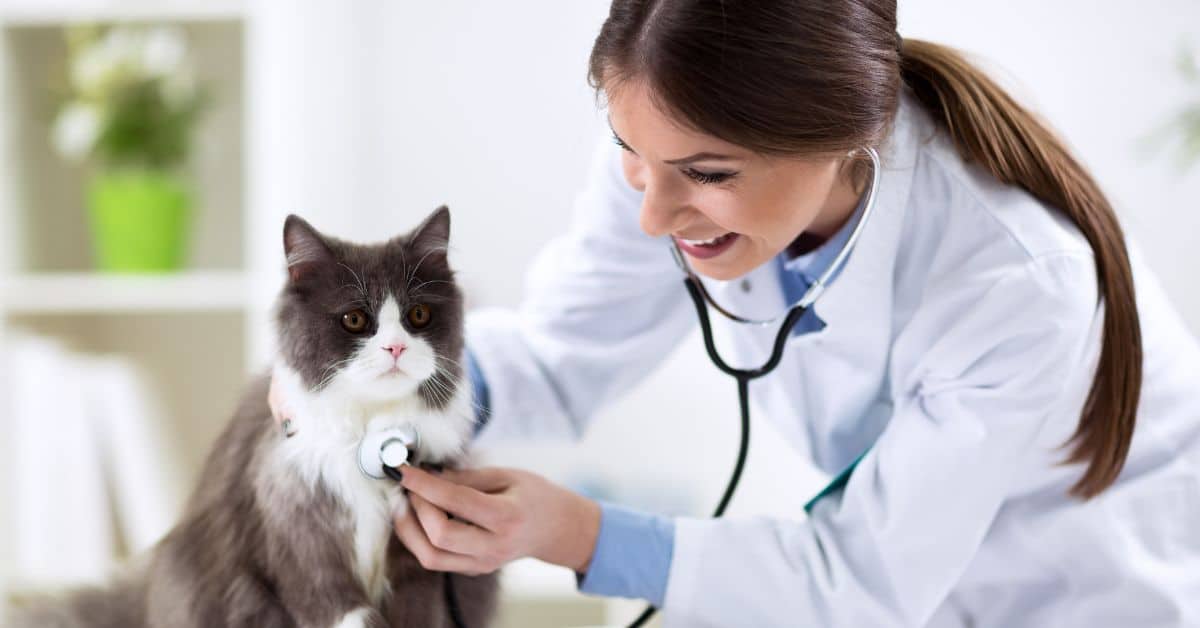Our knowledge of veterinary doctors is often limited to the ones we see at the pet hospital when we take our pets to the clinic for consultation. The reality is that the scope of the veterinary profession is wide with licensed veterinarians practicing in different career settings.
Pursuing a program in veterinary science opens a wide range of opportunities for the graduates to excel in the field of animal care. Studying Doctor of Veterinary Medicine (DVM) in a Caribbean veterinary school prepares you to be a competent and caring veterinarian with the necessary skills to practice either as a generalist or specialist in the changing medical environment.
Types of Veterinarians
To help understand the vastness of the veterinary career, here is a list of the different types of veterinary doctors in common.
Companion animal veterinarians
These are the veterinarians to whom we usually take our pets for consultations. This is the largest group of veterinarians and is also called small animal veterinarians as they primarily work with small animals found at homes. As a companion animal vet, your responsibilities include diagnosing illness, treating wounds, prescribing medicines, administering vaccines, etc.
Veterinary specialists
There are a wide variety of specializations for veterinary doctors to choose from. According to American Veterinary Medicine Association (AVMA), 22 different specializations are recognized in veterinary medicine. Some of them are anesthesia, analgesia, dermatology, dentistry, emergency, and critical care, internal medicine, microbiology, laboratory medicine, ophthalmology, pathology, radiology, toxicology, etc. Veterinary doctors who specialize in any of the above-mentioned departments treat animal diseases that fall under that category.
Food safety and inspection veterinarians
Food safety veterinarians help enforce the regulations associated with maintaining livestock. They inspect animal products like eggs, milk, and meat to ensure that the sanitizations standards are maintained throughout the rearing process. As an inspection officer, you might have to take necessary steps to prevent animal diseases or infections from spreading to the whole farm. The additives and medications of animals are also tested by them at times to ensure safety and the absence of toxic elements.
Research veterinarians
As a research veterinarian, you will chiefly work for government organizations, universities, or biomedical research firms. You will research and study various aspects related to animals such as their health, diseases, medication, prevention, etc. and come up with methods to address these issues more effectively.
The studies are performed on animals raised in laboratories for scientific experiments. Your research will be vital in ensuring better living conditions and productivity in animals.
Food- animal veterinarian
Food- animal veterinarians are concerned with the health and sanitary conditions of the animals that we eat. The work is centered around cattle, livestock, poultry, swine, etc. As a food animal vet, you care for the well-being of the animals that are raised for human consumption. The prevention and control of diseases in food-producing animals fall under the responsibility of food-animal veterinarians.
Different types of vets are needed in various spheres of animal welfare. Hence, there is no shortage of career options if you like to pursue a course in veterinary medicine.
– If you are looking for guest posts in health “write for us” now.

